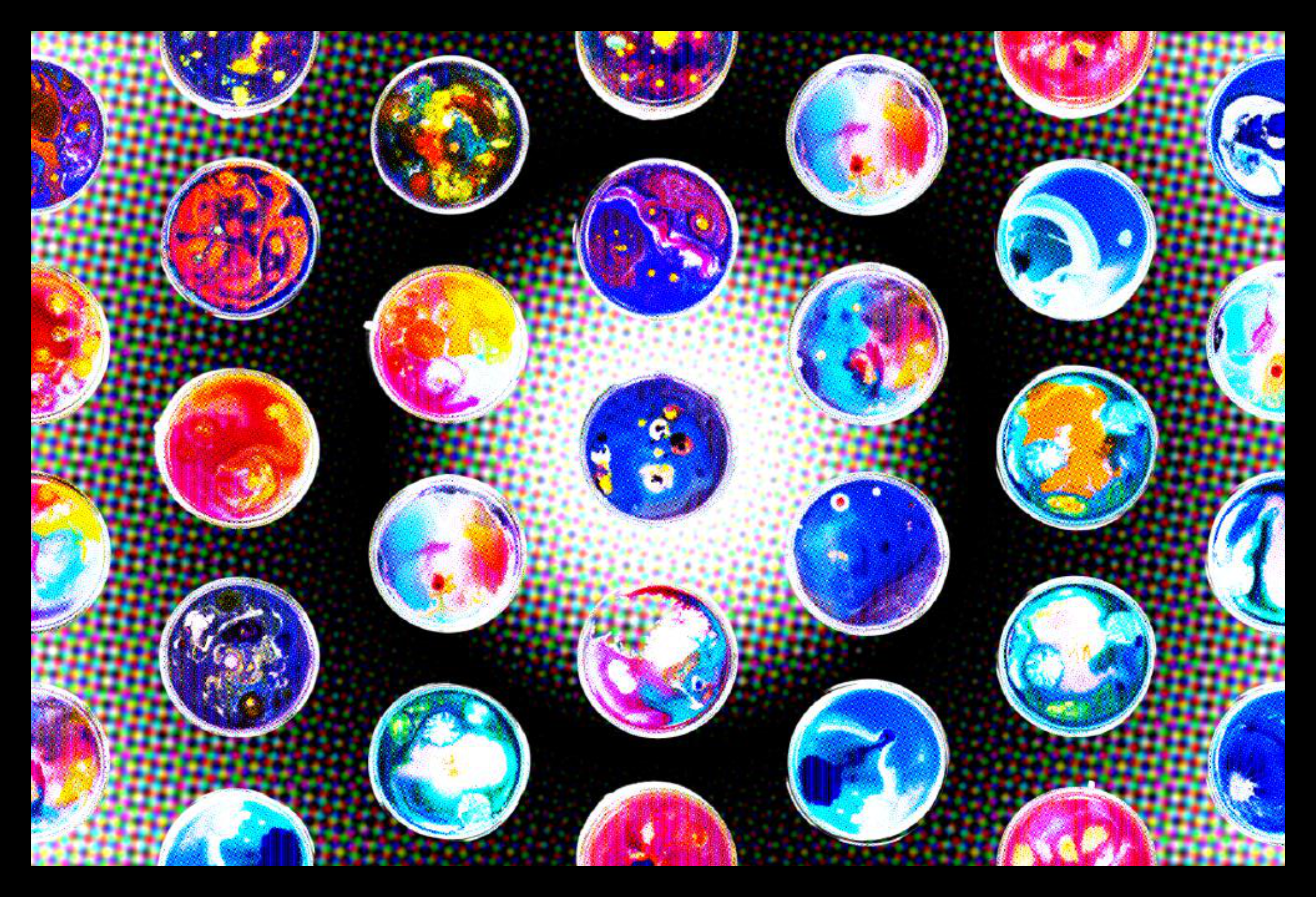Liberal Arts in a Future Tense, 2018-2023
In 2018, the Andrew W. Mellon Foundation granted $750,000 to the University of California Humanities Research Institute at the University of California, Irvine to support a research project on liberal arts and integrated learning literacies for the 21st century. The grant emanated from a Mellon Research Forum on the Value of Liberal Arts Education, which sought to assess the contribution of liberal arts education across a range of categories: impacts on economic well-being, cognitive and psychosocial development, physical and mental health, and civic and political participation. As part of the project, a high-profile national working group led by David Theo Goldberg (UCHRI), would produce a significant public report proposing the revisioning of undergraduate liberal arts learning for 21st learning ecosystems.
The project’s initial mandate included wide-ranging discussions with the working group to identify focal areas, followed by site visits to a range of initiatives—from research centers to campus-wide efforts—exemplifying innovative and counterintuitive work broadly representing liberal arts methods and dispositions. Although, in its final outcome, the project makes a forceful case for pedagogically cultivating data and information fluencies among students of the liberal arts, its method combines case studies with good old-fashioned humanistic discourse analysis.
The group had planned intensive, multi-day site visits to a range of institutions, including the Institute for Society and Genetics at UC Los Angeles, the program in University Studies at Portland State University, and the pioneering Center for Project-Based Learning at Worcester Polytechnic Institute. In the time between the first two site visits and the third, pandemic travel restrictions ensured future visits and consultations with experts could not proceed as planned.
As an unexpected silver lining, the global crisis offered an opportunity rarely afforded to empirically-driven collaborative projects. Taking a step back, we combined quantitative and qualitative information gathered during site visits and secondary research with a generalized yet fine-grained assessment of how the liberal arts are framed and understood in public/policy discussions. Simultaneous attention to empirical data and the state of national conversation on higher education allowed us to advocate (among other things) for reading—texts as much as people, institutions, and problems—as a skill essential for surviving and thriving in the world today.
Access the full text, along with supplementary materials (including recommendations that double as printable playing cards), on our site.
Working Group
Liberal Arts in a Future Tense is authored by Anirban Gupta-Nigam and David Theo Goldberg in collaboration with a national working group:
David Theo Goldberg | Project PI; Director, UC Humanities Research Institute; Distinguished Professor of Comparative Literature, Anthropology, and Criminology, Law and Society, University of California, Irvine
Anirban Gupta-Nigam | Postdoctoral Scholar, UC Humanities Research Institute
William D. Adams | Former Chair, National Endowment for the Humanities; Former President, Colby College
Ruha Benjamin | Professor, Department of African American Studies, Princeton University
Harry Brighouse | Mildred Fish Harnack Professor of Philosophy and Carol Dickson Bascom Professor of the Humanities; Affiliate Professor of Educational Policy Studies, University of Wisconsin-Madison
Wendy Hui Kyong Chun | Canada 150 Research Chair in New Media, School of Communication, Simon Fraser University
Ainehi Edoro | Assistant Professor of English, University of Wisconsin-Madison; Founder and Editor-in-Chief, Brittle Paper
Bryan Garsten | Professor, Political Science and the Humanities; Chair, Humanities Program, Yale University
Mariam Beevi Lam | Associate Professor, Comparative Literature and Southeast Asian Studies; Director, Southeast Asian Studies Program; Vice Chancellor for Diversity, Equity and Inclusion, University of California, Riverside
Karen Lawrence | President, Huntington Library; President Emerita, Sarah Lawrence College
Christine Ortiz | Morris Cohen Professor of Materials Science and Engineering, MIT; Founder, Station1
Clayton Spencer | President, Bates College
Josh Wyner | Vice President, the Aspen Institute; Founder and Executive Director, College Excellence Program


